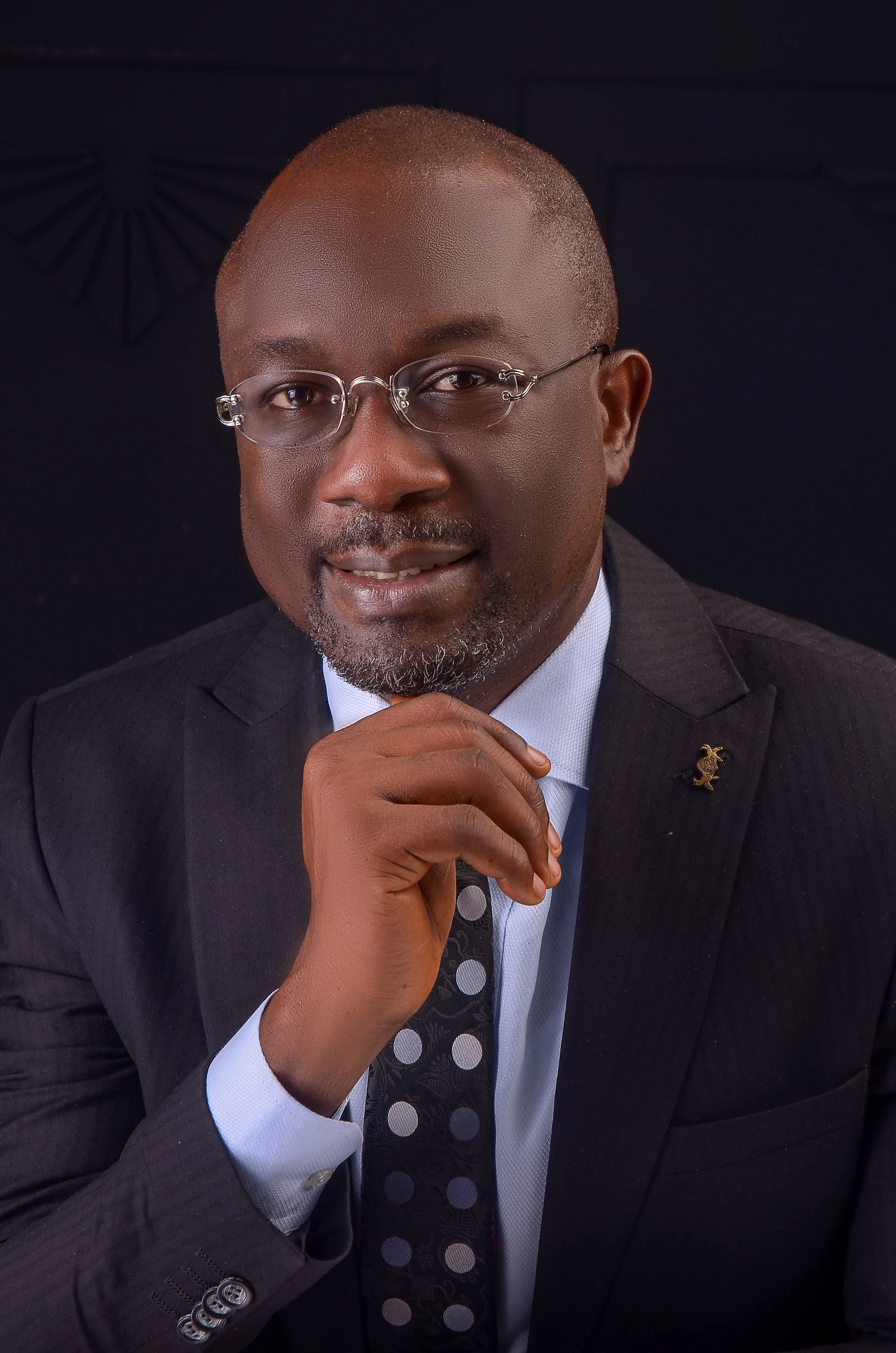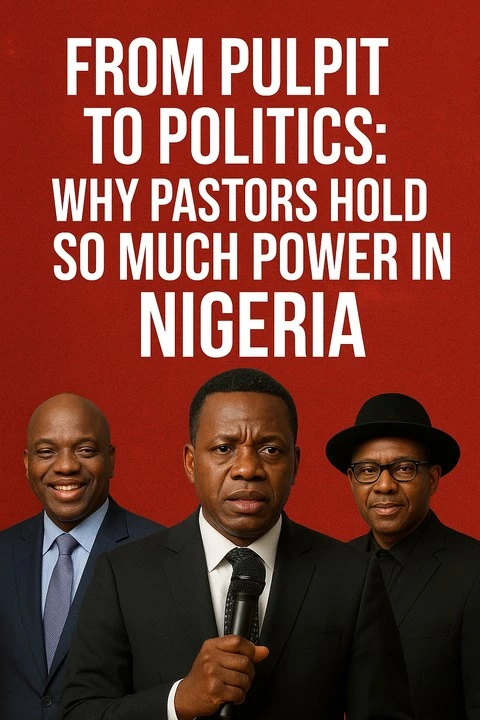 Olugbemi. Adeyinka Ogunleye
2 weeks ago
Olugbemi. Adeyinka Ogunleye
2 weeks ago
Overview
From Pulpit To Politics: Why Pastors Hold So Much Power In Nigeria
In Nigeria, the church is not just a place of worship — it is a force that shapes culture, politics, and even the economy. In fact, few countries in the world give religious leaders as much influence as Nigeria does. Pastors here are not only shepherds of faith; they are trendsetters, business moguls, and, in some cases, kingmakers who determine who gets into power. Eyes Of Lagos reports,
So, why do Nigerian pastors hold such extraordinary sway? Let’s dive into the facts, the history, and the everyday realities that prove the pulpit is one of the most powerful platforms in the country.
1. Nigeria Is One of the Most Religious Countries in the World
Surveys consistently show that over 95% of Nigerians identify with a religion — Christianity and Islam being the two dominant faiths. For Christians, pastors are not just preachers; they are seen as prophets, mentors, and trusted voices of authority. In a society where faith guides daily decisions — from business to marriage — the pastor naturally becomes a powerful figure.
2. Pastors Command Massive Followings
Mega churches like Redeemed Christian Church of God (RCCG), Winners Chapel, Christ Embassy, and Synagogue Church of All Nations (SCOAN) attract millions of followers across Nigeria and beyond. For example, RCCG’s annual Holy Ghost Congress at Redemption Camp draws crowds in the millions — a population size larger than some African countries. With such platforms, pastors influence not only faith but also public opinion.
3. The Pulpit Shapes Politics
It’s no secret that politicians in Nigeria actively seek the blessings of pastors before elections. Campaign tours often include visits to churches, where political aspirants kneel for prayers on live TV. For many Nigerians, a pastor’s endorsement feels like divine approval. This intertwining of pulpit and politics has given pastors the power to sway election outcomes.
4. Prosperity Gospel and Economic Power
Nigeria is home to some of the richest pastors in the world. Bishop David Oyedepo of Winners Chapel has been listed by Forbes as one of the wealthiest religious leaders globally, with universities, schools, and businesses under his name. The economic power of these churches — often running banks, TV stations, publishing houses, and even airlines — further amplifies the political weight of their leaders.
5. Pastors as Social Influencers
Beyond the church, pastors dominate media, music, and even fashion trends. From gospel concerts that sell out stadiums to sermons streamed to millions online, Nigerian pastors have mastered branding and digital reach. They are as much celebrities as they are spiritual leaders — and in a country that idolizes success, their influence is unmatched.
6. A Culture of Trust
Many Nigerians trust their pastors more than they trust the government. Corruption, failed promises, and weak institutions have left a leadership vacuum that religious leaders often fill. The pastor becomes a counselor, role model, and decision-maker in family and community matters. This trust translates into power that politicians envy and sometimes depend on.
Conclusion: The Future of the Pulpit in Nigeria
The role of pastors in Nigeria goes far beyond Sunday sermons. They are cultural icons, political gatekeepers, and economic powerhouses. Love them or criticize them, one thing is clear: in Nigeria, the pulpit is one of the most powerful platforms in the land. And as long as faith remains central to Nigerian identity, pastors will continue to shape the nation’s destiny — both spiritually and politically.
https://eyesoflagos.com/from-pulpit-to-politics-why-pastors-hold-so-much-power-in-nigeria/



